God's Call, Our Response
Scripture Reading
But Moses fled from Pharaoh. He settled in the land of Midian, and sat down by a well… After a long time the king of Egypt died.
Reflection
Out to Pasture
Have you ever felt like time had passed you by?
I’m reminded of what we used to do with horses no longer of use in east Tennessee where I grew up. If they were too old, too stubborn, or too dumb, we simply “put them out to pasture.” It is all too easy for us to feel like it’s time to be put out to pasture—to feel no longer necessary, to be unneeded.
This is likely how Moses felt when he found himself a refugee in Midian.
From my sermon, “How to Fix a Messy Life,” I mentioned his time in this wilderness of the Sinai Peninsula. In the sparse details of Exodus 2:15-25, he is sitting by a well, surrounded by the seven daughters of Jethro, a local preacher.
If Moses had been lonely when he arrived, we can assume he was likely feeling a little less so at this point ;)
And, as often happens in the Bible, a community well where the locals draw water also serves as the town hangout for single people. Thus, the shift in Moses’ marital status happens quickly. From the seven daughters, Moses chooses Zipporah. They marry quickly, and, by the next verse, they have a baby.
Apparently, Moses’ new neighborhood had few other distractions, so he got down to the business of family, farming, and raising sheep. The details here are sparse, but we can assume his existence was simple, somewhat content—and highly insignificant.
We get a taste of Moses’ feelings about his life from an unexpected source—what he names his son.
...he named him Gershom; for he said, “I have been an alien residing in a foreign land” (Exodus 2:22).
Transitions Today
Life has a way of creeping up on us.
One day, we are surrounded by action and feel good about our circumstances. Then, too soon, we’re done, out to pasture. Or we find ourselves in the midst of a pandemic, struggling with racial injustice, worried about economic instability, aware of the vagaries of climate change, and increasing weather instability.
Change happens; events unfold. Circumstances create new tensions and add unpredictability. And so it was for Moses.
The Calling
He led a quiet life while the Hebrews continued to suffer in bondage. The occurrences during those years are sparingly told. But the time that passes is significant.
We would do well to take notice: “After a long time the king of Egypt died...” (Exodus 2:23).
Moses seemed of little consequence to the world beyond the desert wilderness that had become his home. Yet unknown to him, a transition was underway. And God needed him, what he had to offer, and how his life could come to the aid of his people who needed everything Moses had offer.
God’s call to Moses from the burning bush, that fire that could not be put out and that bush that would not burn up, stands as a transition point in all of our stories.
Reflection
What about you?
What might God be doing in your life? What changes might be occurring around you that you are needed for? What sort of calling might be happening in your heart and spirit?
Could it be that your life, much like Moses’ background, has within it the very training, skills, and history so necessary to meet the present needs?
Moses couldn’t believe it. He tried to talk God out of it He couldn’t imagine that his quiet, simple life could ever make a difference. What about you?
Dr. David Jordan is the Senior Pastor at First Baptist Church of Decatur. He contributes regularly to our devotions and blogs. Dr. Jordan is also a regular contributor for Baptist News Global.

